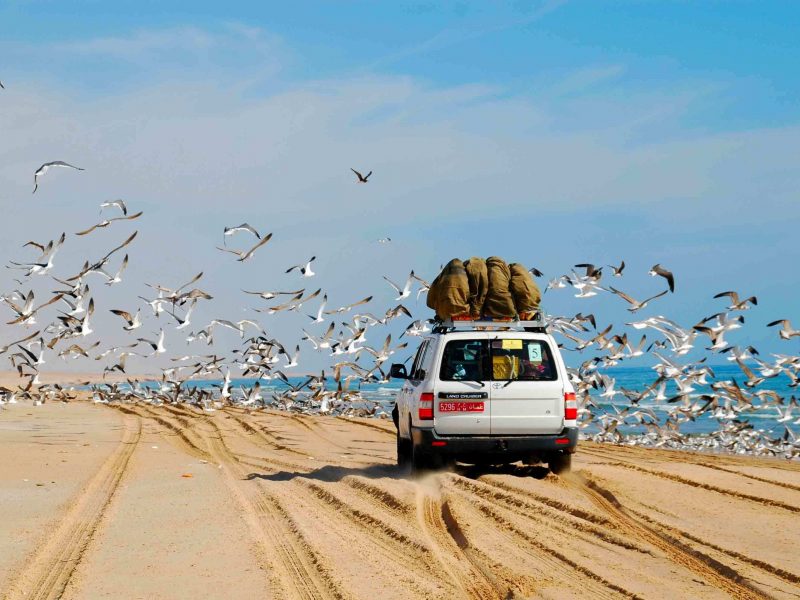What professional skills do you develop through travelling
 Travelling helps you develop skills!
Travelling helps you develop skills! Are you one of those people who travels to learn new things?
It’s not just the inhabitants of the place you visit that you’ll get to know, or the culture, the monuments, the landscape, the nature, the cuisine, etc. There’s also your travel companions and other travellers you might meet. In other words ‘a whole new world’, as my travel companion from this summer would say.
For years I travelled in groups with an adventure travelling organisation. That was a long time ago. The world still felt so unexplored, we didn’t have internet and that made a big difference. Knowing what route to take, having contacts for guides, restaurants, inns or places to stay for the night really
made a difference. I started travelling with this group after a person I met during a hike in the mountains told me about them … I travelled with them for many years – to travel more and because I liked the group.
My first experience was a challenging one. It was 1988, in China and atthat time I didn’t know any of the 18 people in the Group.
Travelling in a group
Travelling in a group requires certain fundamental qualities that can (or indeed "must " if you want to continue) be developed.
You have to like the people, not just the country or the sights. You need to be open to getting to know your travel companions, help them, share your medical supplies or clothes with them if their backpack is stolen, listen to them if they come from a different walk of life …
You have to mediate: you can’t always be the one that chooses the restaurants or places to visit You must not judge someone before having listened, listened and listened.
So, there are many constraints …
Yes and no.
On these journeys I met “special” people who have played a key role in my life: my best friend, my husband, my bridesmaid, a lover ….
The world has changed and so has the organisation I am referring to.
But the considerations on life within a group are still relevant. As are those on the qualities of a group leader: ours was not his non a professionalgroup leader, but he grew into the role. Over time quite a few members of that proved they had impressive leadership skills.
What you learn
I’ll give you some examples from my life:
Mauro seemed democratic, he involved other participants, but then he did what he wanted, although essentially his was leadership by consent. One time one person would be happy, the next time someone else would be: that’s how itwas for him.
Another rule was that you couldn’t always press our luck: we might travel for hours on end, sleep on uncomfortable beds and eat lacklustre meals, but every 3-4 days we needed something nice and tasty to recover.
Never steal from the group just because you’re the boss. There’s alwaysgoing to be someone who’ll catch you out (quite often it was me that did thebookkeeping!).
Speaking to someone on a one to one capacity is still the preferredsolution if you really want to get to know them. A group is fine but you needhead to heads if you want to scratch beneath the surface … and there doesn’thave to be anything sinister in that!
Being rude to locals is not acceptable – ever!
Being a woman is not always ideal, especially in countries ladies don’topen their mouths - Africa, Middle East – so it’s best to have a man by yourside, even if it’s just for “show”.
What if we were to apply these concepts to a company?
At GoodGoing! we have an open approach to the work we do. For example a skills profile (which helps to focus on what a person has to offer the market before they start a job search) always includes an evaluation and underscoring of extraprofessional activities... especially if someone wants to change their
entire career path and not just their employer!
